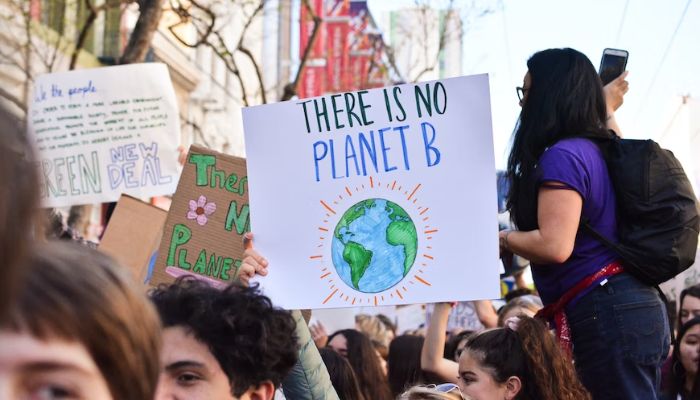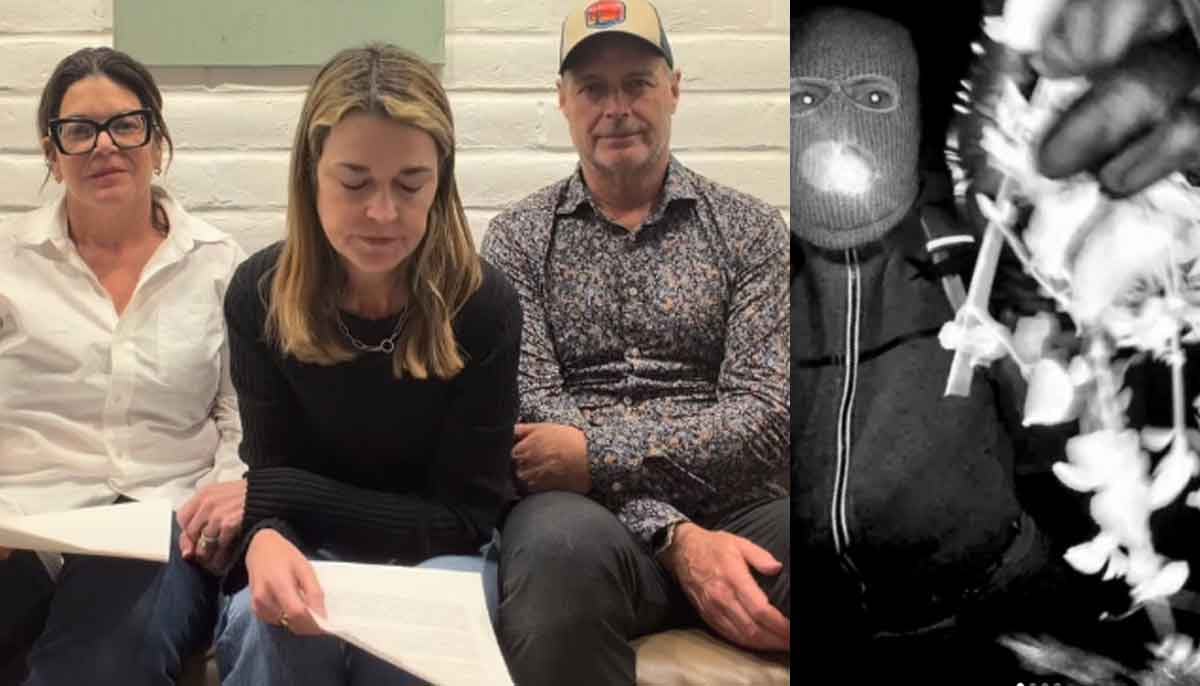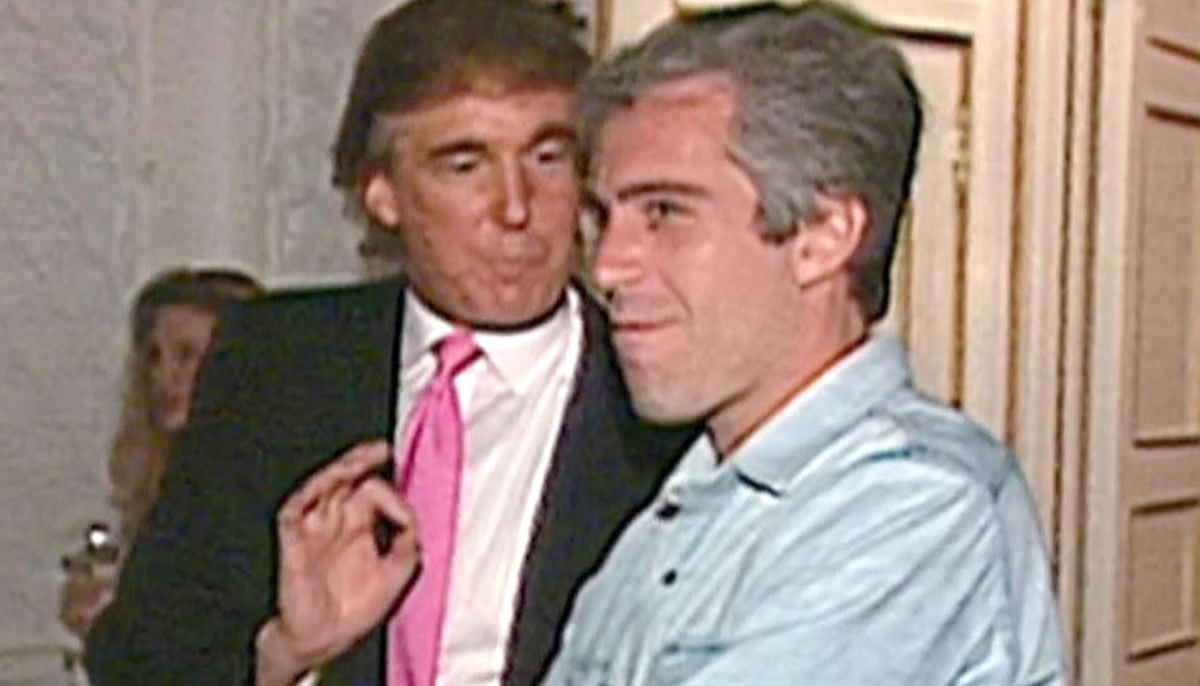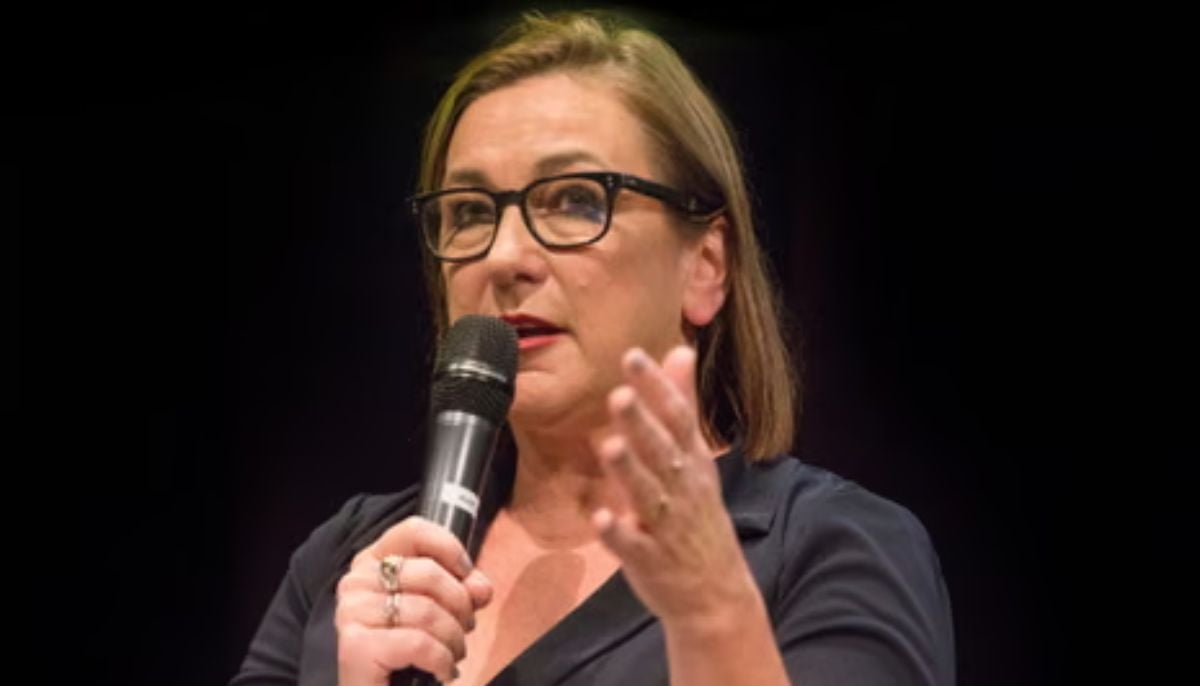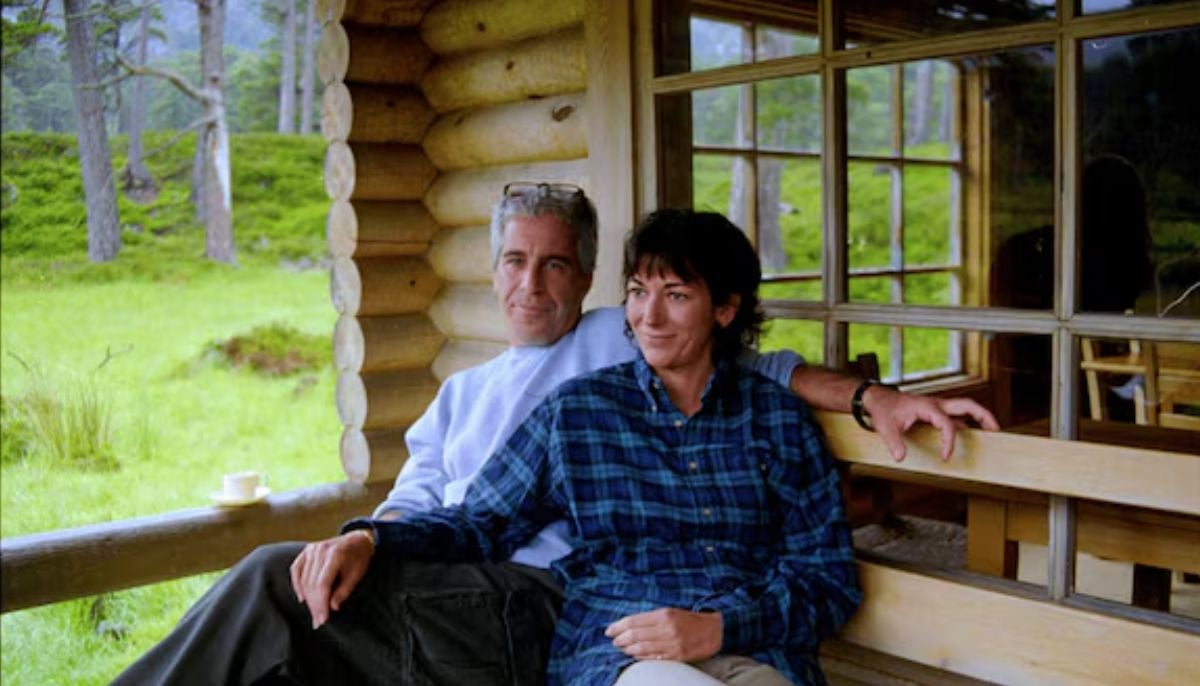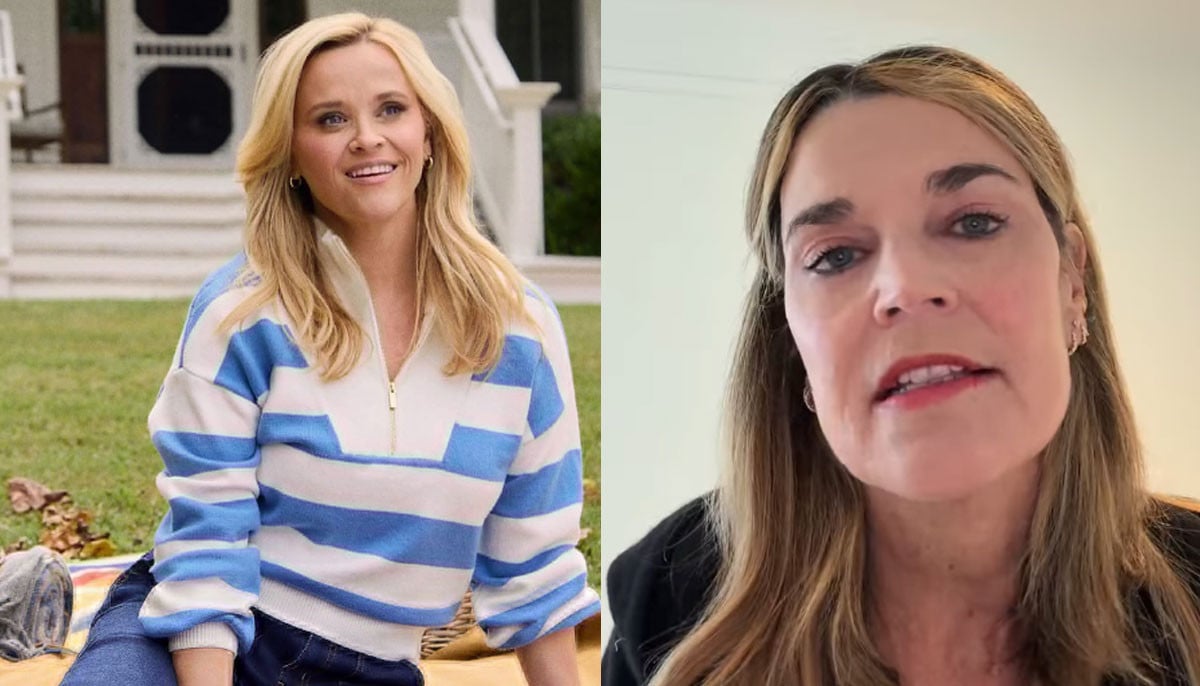Researchers ask climate scientists to 'chill out'
Researchers noted the effects of "climate catastrophism" on humanity's mental health, especially younger people
The researchers at the University of Colorado-Boulder have asked climate change experts to "chill out" in a letter published in the Proceedings of the National Academy of Science.
While climate warnings are not invalidated, researchers believe that scientists were focusing too much on worst-case scenarios, they said in their study.
Authors said that the environmental problems were real but constant discussion of doom and "overstating" matters was counter-productive.
“We shouldn’t overstate or understate our climate future,” said CU Boulder assistant professor Matt Burgess in a media release.
He said that while it was important to "be aware of the extremes", there was a dire need "to think in terms of gradations, not absolutes".
The letter was an answer to a recent study published in PNAS. The study was authored by the University of Cambridge’s Luke Kemp and was called "Climate Endgame". The paper argued that catastrophic conditions that could lead to human extinction should be the focus of research.
The CU Boulder team, however, does not agree. The research team believes that there are several climate models and any one could be the future of humanity. There are multiple expected scenarios.
The team also disagrees with models that are on the opposite end of the spectrum, almost denying the impacts of climate change. These models predict temperatures to only rise by less than three degrees by 2100.
Most experts believe that the temperature would rise by 3.6 to 5.4 degrees by 2100.
Researchers noted the effects of "climate catastrophism" on humanity's mental health especially younger people who are expected to be responsible for fixing the planet.
-
Minnesota man charged after $350m IRS tax scam exposed
-
Trump reached out to police chief investigating Epstein in 2006, records show
-
San Francisco 49ers player shot near post-Super Bowl party
-
Ransom deadline passes: FBI confirms ‘communication blackout’ in Nancy Guthrie abduction
-
Piers Morgan finally breaks silence on kidnapping of Savannah Guthrie's mother Nancy
-
Lenore Taylor resigns as Guardian Australia editor after decade-long tenure
-
Epstein case: Ghislaine Maxwell invokes Fifth, refuses to testify before US Congress
-
Savannah Guthrie receives massive support from Reese Witherspoon, Jennifer Garner after desperate plea
